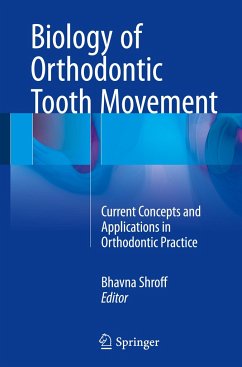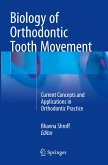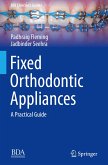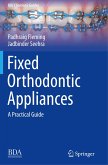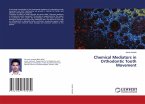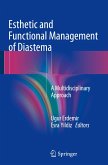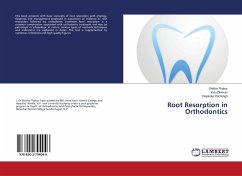This book presents the current knowledge and understanding of the biological processes involved in the orthodontic movement of teeth and discusses recent progress in the field. It links research advances to their immediate clinical applications and offers researchers and clinicians a state of the art reference on topical issues relating to orthodontic tooth movement. Biological events play a central role in the movement of teeth during orthodontic therapy. The basis for understanding the sequence of cellular events that leads to orthodontic movement has been well established in the literature through the use of animal models. In recent years, researchers and clinicians have focused their efforts on developing treatment modalities to increase the speed of orthodontic treatment and provide better anchorage options for noncompliant patients. This book will be an invaluable aid in understanding the biology of tooth movement and the relevance of the latest concepts to clinical practice
Bitte wählen Sie Ihr Anliegen aus.
Rechnungen
Retourenschein anfordern
Bestellstatus
Storno

